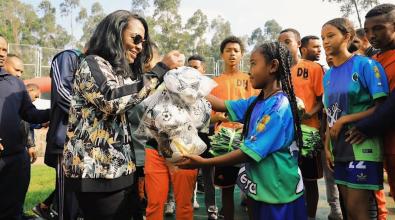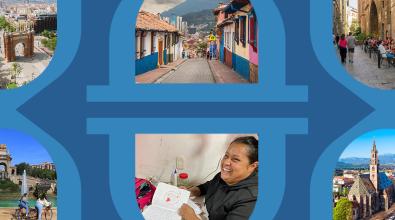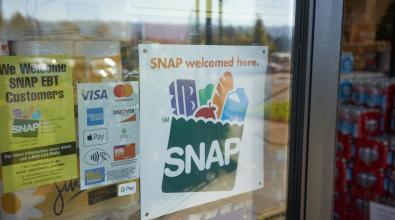Turning healthy eating and exercise into a game — and getting results

Para la versión en español, haga click aquí.
Title: Project Manager, Juntos Santiago
City: Santiago, Chile
Every new program comes with unexpected challenges. For Macarena Carranza, the leader of Santiago’s school-based campaign against child obesity, those challenges included a teachers strike and civil unrest that left schools closed for weeks. Carranza not only overcame those difficulties but found great success along the way. The program she launched and leads, Juntos Santiago, uses gamification techniques to get 5th and 6th graders exercising and choosing healthy foods. When students make good choices, they earn points toward rewards for themselves and their schools. The program has increased the number of healthy foods students bring to school by 24 percent and prevented an on-average weight gain of approximately two pounds per student. A hallmark of Carranza’s leadership has been to experiment with program tweaks and use data to measure whether those changes worked. For example, in the game, students were able to submit photos of themselves and their families going out for a walk or in some way being physically active.
Students didn’t share many photos at first. So Carranza tried different ways of making sharing photos easier, settling eventually on a way to do it using the popular messaging platform WhatsApp. Submission rates increased dramatically. As Santiago’s grant through the Bloomberg Philanthropies Mayors Challenge ends, Carranza has forged a partnership between the municipality and the University of San Sebastián to continue the work. “This is our first step,” she says. “We’re going to try and scale-up the project in other cities around Chile.”
Pro tip: “ Never give up. You have to have patience and belief in what you are doing.”


